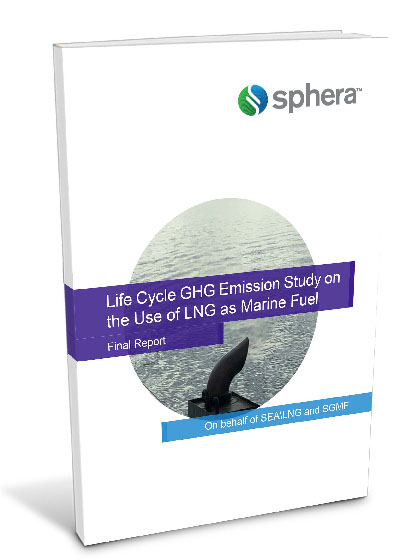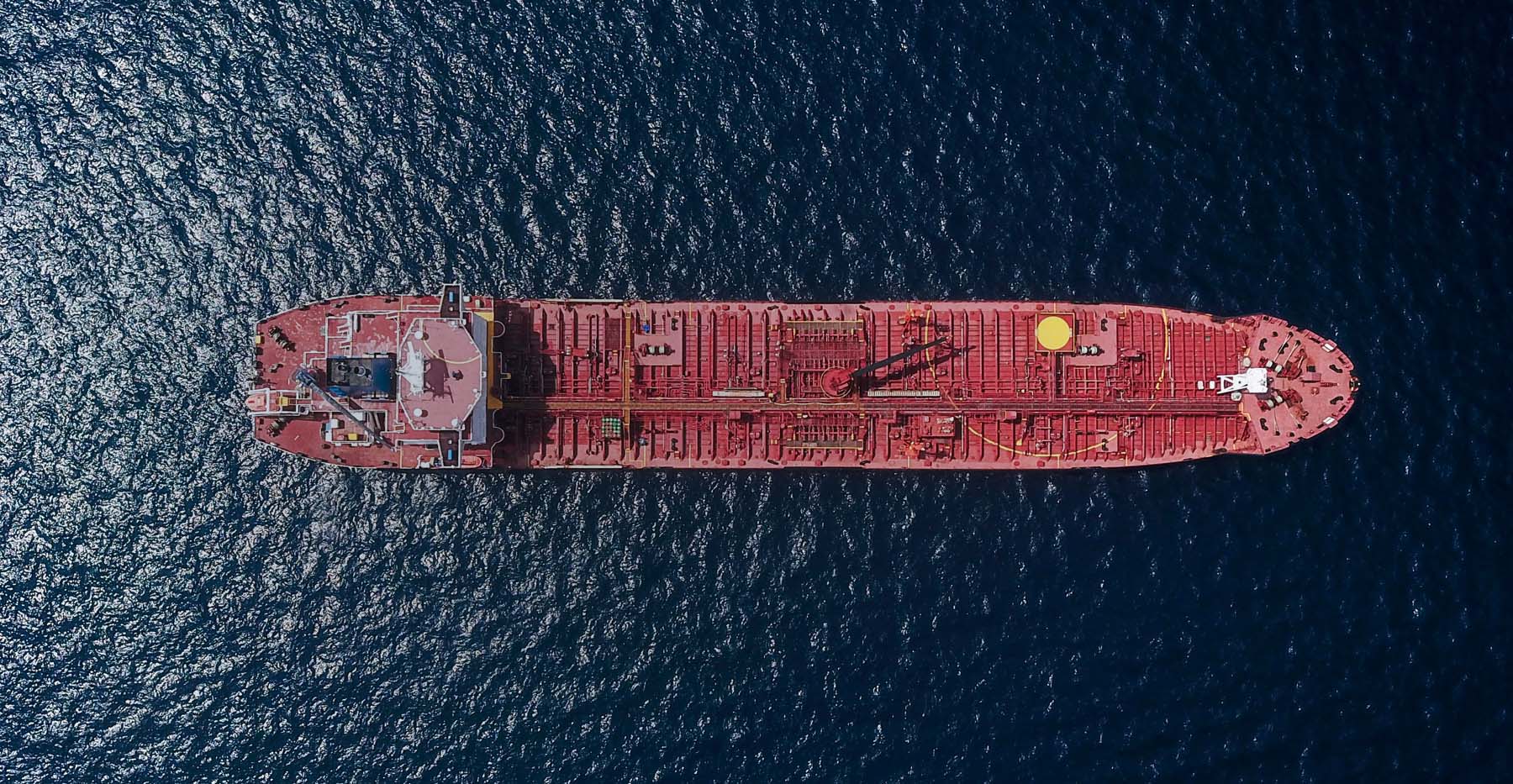
The study showed that on an engine technology basis, the absolute Well-to-Wake emissions reduction benefits for gas fuelled engines today compared with HFO fuelled ships are between 14% to 21% for 2-stroke slow speed engines, and between 7% to 15% for 4-stroke medium speed engines.
The study is comprehensive using the latest primary data to assess all major types of marine engines and global sources of supply. Data for the study was provided by the following Original Equipment Manufacturers: Catapiller MaK, Caterpillar Solar Turbines, GE, MAN Energy Solutions, Rolls Royce (MTU), Winterthur Gas & Diesel, Wärtsilä. The extensive industry experience and practical knowledge of the SEA-LNG-SGMF project oversight team ensured all the data used was the latest and best available.The study is quality assured as it assesses the supply and use of LNG as a marine fuel according to ISO standards.
The study is objective, being conducted by independent specialist life cycle analysis consultants Sphera and peer-reviewed by leading academics from key institutions in France, Germany, Japan and USA.
SEA-LNG is a UK-registered not for profit collaborative industry foundation serving the needs of its member organizations committed to furthering the use of LNG as an important, environmentally superior maritime fuel.The Society for Gas as a Marine Fuel (SGMF) is a non-governmental organization (NGO) established to promote safety and industry best practice in the use of gas as a marine fuel.
Sphera is the largest global provider of Integrated Risk Management software and information services with a focus on Environmental Health & Safety (EHS), Operational Risk and Product Stewardship. Note: The report was conducted by thinkstep which got acquired by Sphera.
Download the report.

